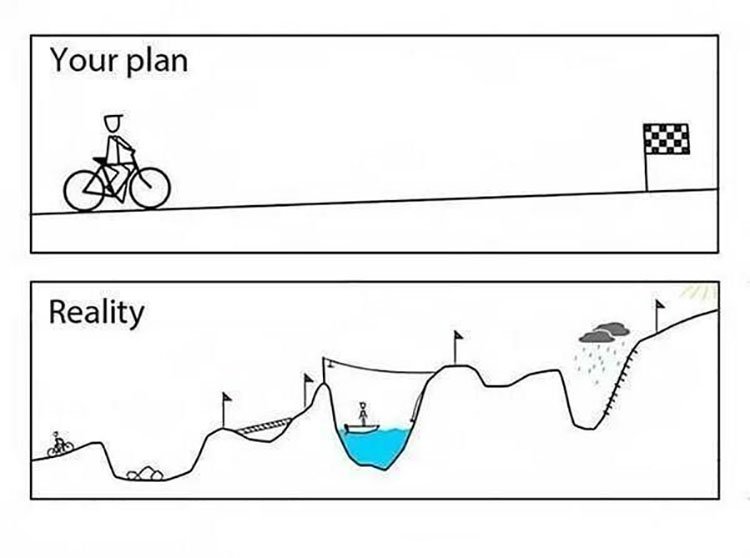Image c/o The Guardian
Sometimes a pause gives purpose the opportunity to find you as when people have a vested interest it stops them from speaking the truth. Sustainability by using less becomes a tricky conversation as this goes completely against capitalism. Although we might not like the answer, and change is always uncomfortable, it’s tough to argue that there’s even a contest. Great design and a joined-up user experience matters more than ever in our lives today. I think by bringing design thinking to the core by understanding your customer strategy will help you position potential solutions. Contact me via e-mail for 1:1 sparring and coaching sessions in 2023.





















